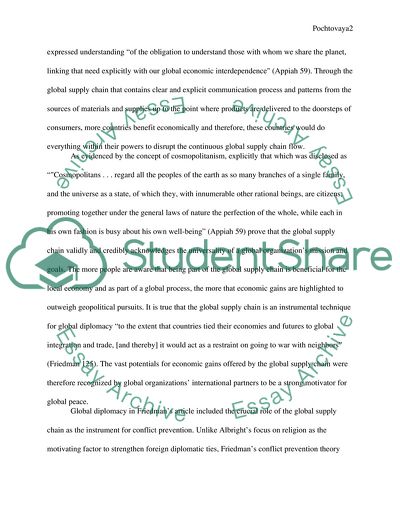Cite this document
(Dell's Theory of Conflict Prevention Book Report/Review Example | Topics and Well Written Essays - 1500 words, n.d.)
Dell's Theory of Conflict Prevention Book Report/Review Example | Topics and Well Written Essays - 1500 words. https://studentshare.org/politics/1769481-dells-theory-of-conflict-prevention
Dell's Theory of Conflict Prevention Book Report/Review Example | Topics and Well Written Essays - 1500 words. https://studentshare.org/politics/1769481-dells-theory-of-conflict-prevention
(Dell'S Theory of Conflict Prevention Book Report/Review Example | Topics and Well Written Essays - 1500 Words)
Dell'S Theory of Conflict Prevention Book Report/Review Example | Topics and Well Written Essays - 1500 Words. https://studentshare.org/politics/1769481-dells-theory-of-conflict-prevention.
Dell'S Theory of Conflict Prevention Book Report/Review Example | Topics and Well Written Essays - 1500 Words. https://studentshare.org/politics/1769481-dells-theory-of-conflict-prevention.
“Dell'S Theory of Conflict Prevention Book Report/Review Example | Topics and Well Written Essays - 1500 Words”. https://studentshare.org/politics/1769481-dells-theory-of-conflict-prevention.


